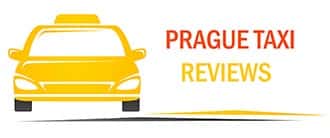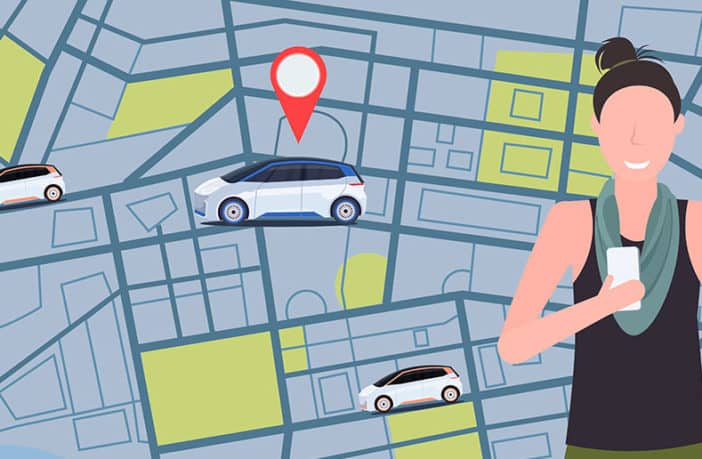Shared transportation operators are afraid that the new road law can destroy them
Did you order a shared “taxi” and a mini-car has arrived? You wanted to drive with a female driver, but there is a man behind the wheel? Who will be responsible for not getting what have you ordered? And most importantly: who will be punished by the authorities when services do not match the client’s assignment? This is what the legislators, the Ministry of Transportation and the alternative “taxis” want. Some are afraid that sanctions might be liquidating. There is a proposal for a new road law in the Chamber.
“The original law has not changed for a hundred years; it has not even accepted the dispatching of taxis, not to mention mobile applications,” says Roman Sysel, Central European Regional Manager of Bolt (formerly known as Taxify). However, if there are new passages, such as passages on intermediaries’ responsibility which are the fault of individual drivers, they may get in trouble. Some things, according to Soll, the company cannot affect. For example, if a driver takes another car or gives permission to someone else to drive. “Sanctions can be misused if the responsibility is transferred only to the company,” said Sysel. In Poland and the Baltics, there have already been attempts to harm the company by a shared taxi competition. Drivers started driving in the “colors” of the company and deliberately committed offenses.
The Ministry of Transportation disagrees with the counter-arguments. “The fact that an intermediary is responsible for what application users, drivers, do, is a fundamental condition for us and it should be included in the law,” says Ladislav Nemec, Deputy Minister of Transportation. In his opinion, it is not conceivable that people traveling and earning money in shared transportation would not abide by the rules, and the firms that mediate their orders have taken a stance of disagreement.
However, experts disagree with the shared transport operators’ arguments that it is not possible to check who is sitting in the car at any moment and who is earning money. In the 21st century, when they can remotely control where they are, they consider this a completely empty argument. “After all, a car can already have its own SIM card; it is possible to find out from a distance how many people are really driving the car. It is quite common to use mobile applications to find out where you have parked your care, or how much is left in the tank. You can use fingerprint confirmation to find out who is behind the wheel,” says Jiří Polák, an IT specialist. Although Patrik Nacher understands the firm’s arguments, he has experience from the capital as a Prague representative.
“When there are several thousand such drivers, you can’t chase them constantly, you don’t have the strength and resources to do that. Everything is online; operators have possibilities of technological control,” says Nacher. He is an enemy of strong regulations, but he understands that the rigor that is in the proposed law is the only real response to the particular circumstances in this industry.



